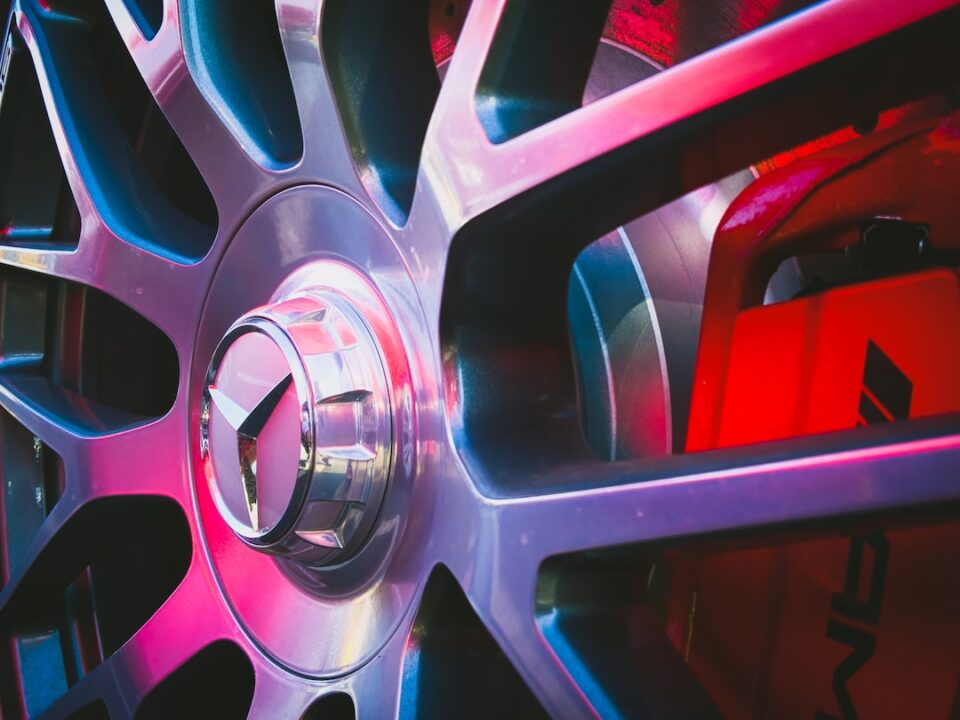The Future of Fuel: Alternatives to Gasoline and Diesel
As concerns over climate change continue to rise, people around the world are recognizing the urgency of finding sustainable alternatives to gasoline and diesel. The traditional fossil fuel-based fuels not only contribute to global warming but also deplete finite resources. In light of this, scientists and innovators have been working tirelessly to develop new and efficient fuel sources. In this blog post, we will explore some of the promising alternatives to gasoline and diesel and discuss their potential to shape the future of fuel.
1. Electric Vehicles: Leading the Charge
Electric vehicles (EVs) have gained significant attention in recent years, with companies like Tesla spearheading the movement towards greener transportation. EVs rely on electricity stored in batteries to power their motors, eliminating the need for gasoline or diesel. As the electric infrastructure expands and battery technology advances, the range and performance of EVs are continually improving. Moreover, EVs produce zero tailpipe emissions, making them an environmentally friendly alternative to traditional vehicles.
2. Hydrogen Fuel Cells: Powering the Way
Hydrogen fuel cells represent another promising alternative to fossil fuels. Fuel cells generate electricity by combining hydrogen and oxygen, producing only water vapor as a byproduct. The electricity generated can then power electric vehicles or be used for various applications, including residential and industrial electricity supply. While hydrogen production and storage remain challenges, advancements in technology and infrastructure are making hydrogen fuel cells increasingly viable.
3. Biofuels: Tapping into Nature
Biofuels offer a renewable alternative to gasoline and diesel by utilizing advanced biomass conversion processes. They are derived from organic matter, such as plant waste, algae, or crops like corn or sugar cane. Biofuels can be classified into two categories: ethanol and biodiesel. Ethanol, typically produced from crops rich in carbohydrates, is widely used as an additive in gasoline. Biodiesel, on the other hand, is derived from vegetable oils or animal fats and can be used as a substitute for diesel. The production and use of biofuels reduce greenhouse gas emissions and provide an opportunity to repurpose organic waste, thus lessening our reliance on traditional fossil fuels.
4. Natural Gas: A Transition Fuel
While natural gas is a fossil fuel, it emits fewer greenhouse gases than gasoline or diesel when burned. It also has the advantage of being domestically available in many regions. Natural gas vehicles (NGVs) utilize compressed natural gas (CNG) or liquefied natural gas (LNG) as fuel. NGVs are already widely used in some countries, such as Argentina and Iran, and present a transitional solution as technologies for greener alternatives continue to develop. Additionally, biogas, which is produced from organic waste through anaerobic digestion, can be utilized as a renewable and sustainable source of natural gas.
5. Solar and Wind Power: Energy for Mobility
While not a direct substitute for gasoline or diesel, renewable energy sources such as solar and wind power can contribute to the future of fuel by supplying clean electricity for electric vehicles. The rapid growth of solar and wind energy installations worldwide has created ample opportunities for clean energy integration into transportation infrastructure. By harnessing the power of the sun and wind, we can simultaneously reduce our dependence on fossil fuels and decrease carbon emissions.
In conclusion, the future of fuel rests on diversifying our energy sources and embracing sustainable alternatives to gasoline and diesel. Electric vehicles, hydrogen fuel cells, biofuels, natural gas, and renewable energies are all playing significant roles in this transformative process. As governments, policymakers, and consumers increasingly prioritize environmental sustainability, the demand for and development of these alternatives will only continue to grow. By transitioning to cleaner and greener fuels, we can pave the way to a more sustainable future for generations to come.

